10 tips for Healthier Sleep. There’s More to a Full Night’s Rest Than What Meets the Eye.
By Christine Granfield, MD, Jacksonville, FL
Sleep. Doctors never seem to get enough of it. It evades us like an elusive mercury droplet. We put it off through college, medical school, internship, residency, fellowship, and then practice—always promising ourselves we’ll catch up on our next day off. But we never do. There is too much to do, with little precious time, so our work and our lives extend well into our sleeping hours. This has never been truer than in today’s demanding healthcare environment with its overwhelming peripheral demands piled upon family and relationship needs. Sleep takes the hit. Yet serial, relentless nights of sleep deprivation cannot be made up in one day, or on a weekend, or on the next vacation. We are discovering that the potential toll on our bodies is profound. Studies from the National Institute of Health (NIH), the National Institute on Aging and the University of California, Berkeley, amongst others, have all confirmed that sleep-deprived brains may be more vulnerable to Alzheimer’s disease. Sleep plays an important role in the cleaning process of the brain. If we don’t get enough rest, we start to produce a relative excess amount of beta amyloid—a waste product of the brain and the hallmark of Alzheimer’s disease. [Krause AJ, et al. Nature Reviews Neuroscience. July 2017]. Amyloid is generally removed along with other neurotoxins during healthy sleep. Losing just one night’s sleep can increase the levels of beta-amyloid protein [Shokri Kojori, et al. Proc Natl Acad Sci. 2018]. As these waste products accumulate, they can lead to inflammation and buildup of the destructive Tau protein. In one NIH study [Yo-El S Ju, et al. Brain. 2017], sleeping patterns of adults were studied in relation to amyloid levels in their Cerebral Spinal Fluid (CSF). Those that reported poor sleep had higher beta-amyloid proteins in their CSF. The bottom line—ongoing disrupted sleep leads to a vicious cycle of amyloid protein waste build-up. A combined analysis of 27 studies [Omonigho, M., et al. Sleep. January 2017] showed the relationship between sleep and cogni-tive problems (including Alzheimer’s disease), where poor sleepers had a 68 percent higher risk of these disorders than did well-rested people. There are other effects aside from cognitive issues, namely, obesity. While diet and exercise are important, neither is as important as deep sleep in achieving and maintaining healthy weight. Lack of sleep can interfere with normal metabolism [Beccuti, G. et al. Curr Opin Clin Nutr Metab Care. July 2011]. Cyclical sleep deprivation can affect levels of the hormone melatonin, critical for healing sleep and fat loss (creates brown fat mobilization). Cortisol levels increase dramatically with just one night’s sleep deprivation, which suppresses melatonin. This creates an internal, subconscious fight or flight response – “I’m not sleeping, I’m stressed, I must be in danger.” You can’t sleep. The cycle repeats. Insomnia also affects leptin, the body’s glorified satiety hormone. We need adequate amounts to feel full and in control. One night of sleep deprivation radically suppresses leptin, increasing cravings the next day [Spiegel, K et al. Journal of Clin Endocrin & Metab. November 2004]. Another study out of the University of Chicago [Nedeltcheva, A et al. Ann Intern Med. October 2010] looked at the effectiveness of a calorie-restricted diet on sleep-deprived individuals. It compared sleep-deprived subjects sleeping 5.5 hours per night, compared to subjects on the same diet that slept 3 hours longer (8.5 hours per night). Those with the normal nights sleep burned 55 percent more body fat on the same diet. Adequate sleep is also critical in preventing heart disease, maintaining healthy cholesterol levels and just feeling good. If you are constantly sleep deprived you will be exhausted, not fully yourself, which makes concentration and behavior—whether in work, life or relationships—more challenging. You simply are not at your best.
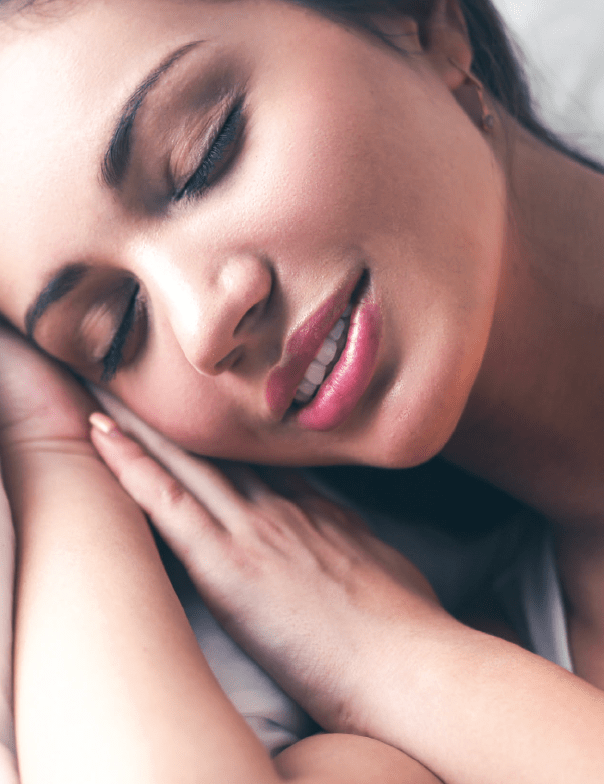
Ten Tips For Better Sleep
1. Early to Bed. Go to bed earlier, consistently. Why? You need anabolic sleep—the deepest, healthiest form of sleep and the main period of brain sweep. Anabolic sleep is greatest during nocturnal melatonin secretion between 10p.m. to 2a.m., at the period of increased human growth hormone. All phases of brain wave sleep are critical to brain health—alpha, theta, delta, and deep anabolic sleep. Try to get at least seven, up to 8.5 hours of sleep for full benefits.
2. Thermal Regulation. We normally drop body temperature at night. A study of insomniacs revealed their body temperatures were too high at night [Raymann, RJ et al. Brain. 2008]. When sleep-deprived individuals were fitted with thermal suits—thereby dropping their core body temperature by one degree—it virtually eliminated insomnia. Awakening in the mornings, our core body temperature naturally rises, but if you are consistently waking up in the middle of the night, your core body temperature is likely rising too early. What can you do? Turn down the thermostat. Research shows 60-68 degrees Fahrenheit is ideal for sleep [Onen SH et al. Presse Med. 1994]. Studies also show that for troubled sleepers, a cool room and a hot-water bottle placed at the feet can help improve overall body temperature regulation. It mimics normal sleepers who experience a drop in central core temperature and an increase in temperature of the hands and feet.
3. Timing of Exercise. What time of day should you exercise and how does this affect sleep quality? A study from Appalachian State University [Fairbrother, KR 2011] investigated workout timing and found that exercising early (7a.m., as opposed to afternoon or evening), was most effective in creating deeper anabolic sleep, efficient sleep cycles and prolonged slumber. There was a 25 percent drop in blood pressure at night, correlating with deactivation of the fight or flight nervous system. How do you, busy doctor, incorporate a 7a.m. exercise routine into your schedule? Just 5 minutes. Use a mini-rebounder trampoline, do a quick power walk, do 4 minutes of high intensity interval training (20 seconds of hard exercise, 10 seconds of rest, repeat over 4 minutes), or a little mobility work. Clinical studies show that the short period high intensity (H.I.T.T.) interval training will out perform 45 minutes of traditional moderate cardio work, causing a cortisol reset. If you are “tired and wired” at night, you likely have cortisol that is low in the morning and high at night, the opposite of normal. Try H.I.T.T.
4. Techie Turnoff. Morehouse School of Medicine researchers have shown that the blue light from our technological devices—cell phones, iPads, computers, TVs—suppresses melatonin [West KE, et al. J Appl Physiol. 2011]. Our bodies are huge photoreceptors constantly trying to gauge the time of day, synched with nature. In the last several decades we have created another daytime with our devices (emitting blue or white spectrum, similar to daylight). Every hour on a device at night suppresses melatonin by 30 minutes. If you watch a 3 hour movie, melatonin is suppressed for 1.5 hours. Even if you are exhausted and fall asleep immediately, you will not go through your sleep cycles correctly. Try limiting your screen time to 30 minutes in the early evening. If you must use devices after sundown, utilize the blue light modifier on your device—iPhones “Nightshift,” Androids “Twilight”—or buy an app to do the same. Also, utilize blue-light blocking glasses for television. We are addicted to our devices. The dopamine loop drives us to discover, grow, seek and find, but we have to consciously switch it off by timing and turn-ing off our devices. Replace the evening device with something of greater or equal value—engage in a real conversation with family, friends or partner. Make your bedroom a sleep sanctuary. Get the technology and TV out of the bedroom. The bedroom should be for sleep and relations with your partner, the latter of which helps combat aberrant cortisol by increasing oxytocin and prolactin relaxing you to fall asleep.
5. Darkness. We need complete darkness to help us fall and stay asleep. Did you know we actually have photoreceptors in our skin? A Cornell University study [Campbell S, et al. Science. January 1998] showed even light behind the knees affects our sleep. Utilize blackout curtains. For lamps, clocks and nightlights, be sure to change bulbs from blue to red wavelength, the latter are least disruptive to the circa-dian rhythm. Any extraneous light in the room should be turned off or covered up.
6. Sunset. Try to make a daily habit of watching the sunset, a powerful way to enhance melatonin secretion. If you are an early riser, watch the sunrise. Both initiate a chain of biochemical reactions to help support your body’s natural circadian rhythm.
7. Eat an Early Small Dinner and Stop Liquid Intake by 7pm. Late ingestion causes blood shunting to the GI tract, decreasing the overall nightly brain sweep. Try to finish consuming calories by 6-7pm. Water is fine; however, if you suffer from nighttime bathroom visits, stop liquid intake by 7pm. The kidneys clear most liquids within 90 minutes.
8. Stop Drinking Caffeine. Even a small amount in the morning can disrupt the sleep cycle. Avoid caffeine especially the second half of the day.
9. Track and Measure Your Sleep. Wear a good sleep tracker, like a Fitbit, which has models that provide sleep performance and activity. On the Fitbit Charge 3, for instance, you can track total sleep hours, what time you went to bed and when you woke up. It provides a detailed breakdown of REM sleep, deep sleep and light sleep, as well as time awake (while in bed). You can also track day-by-day and week-by-week results which helps you to compare and see progress or spot patterns. This is extremely valuable and helpful to see how the other sleep improvement activities are working in your life.
10. Health Check. What health issues keep you up at night? Sinuses? Reflux? Snoring? Get evaluated by a specialist. If you snore, get a sleep study to determine if you have sleep apnea. These issues are correctable to allow you deeper, healthier restful sleep.Take your slumber time seriously and do what you can to get more of it. While the process of sleep remains somewhat of a mystery, its importance in our overall well-being is clear. Nourish yourself so you have a long, healthy career and can enjoy your vitality—both physically and cognitively—well into retirement.

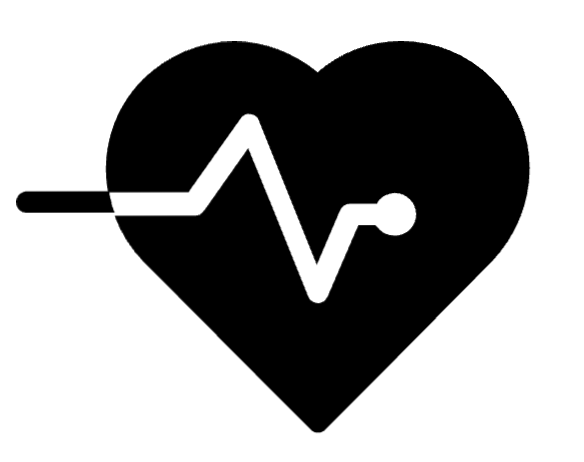
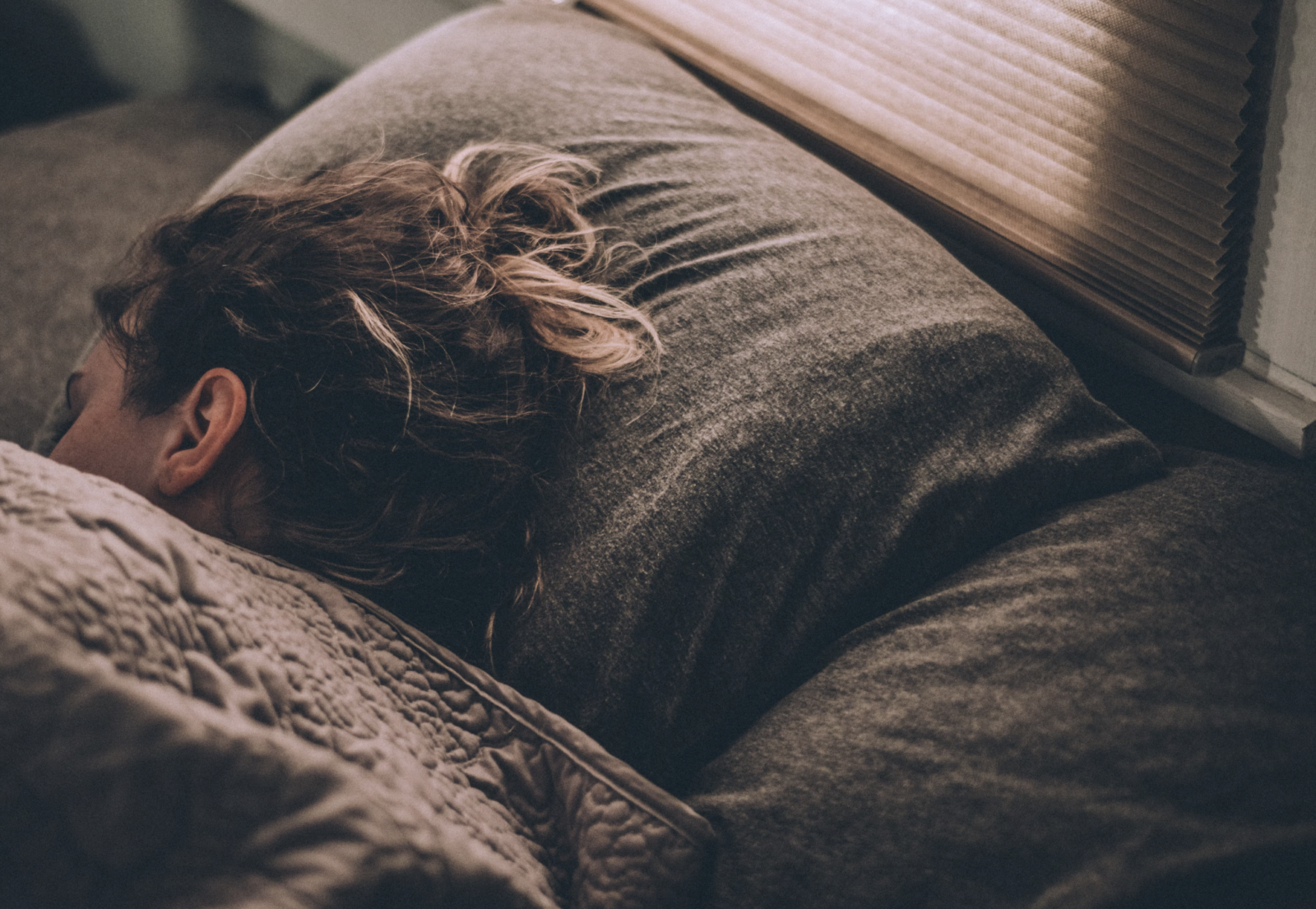

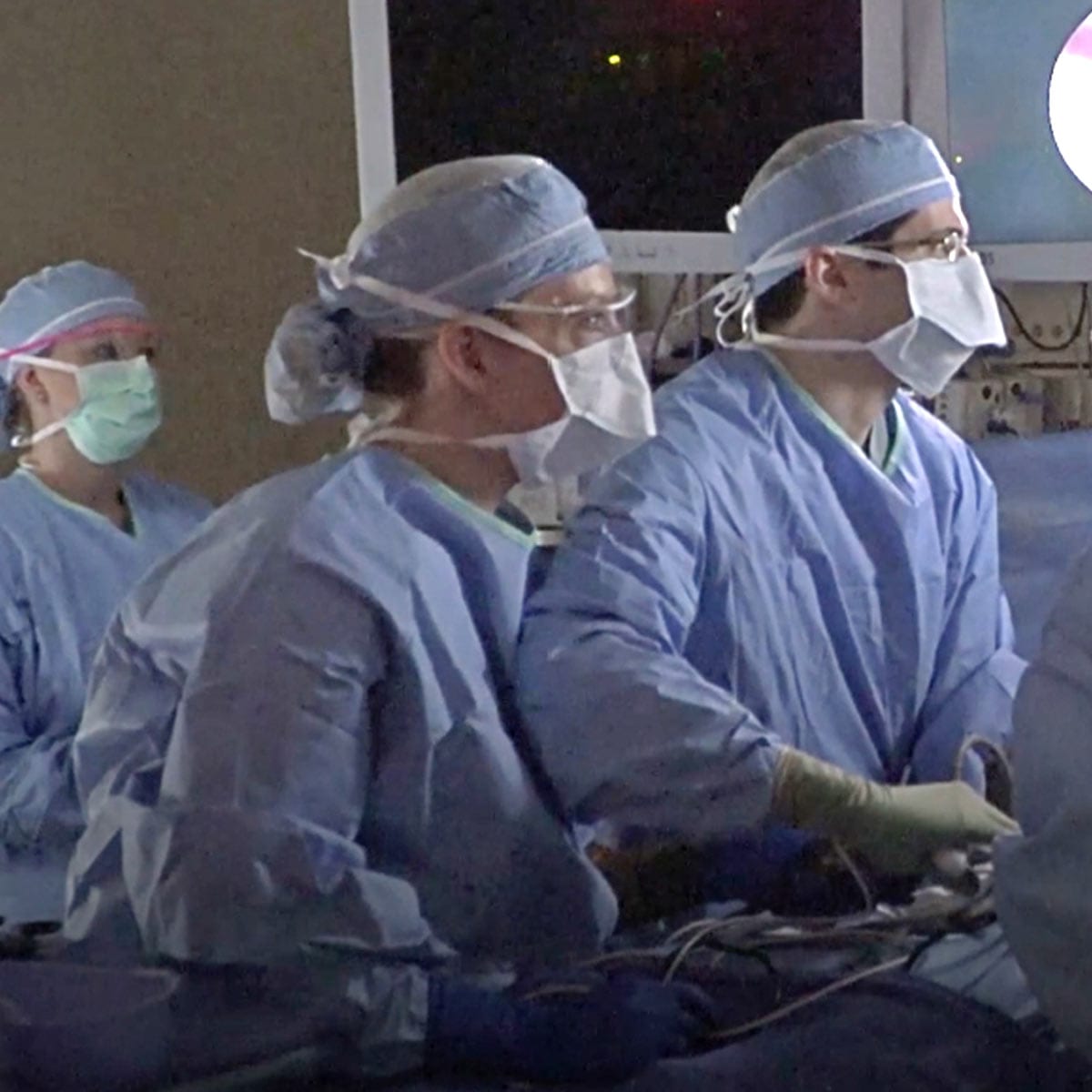
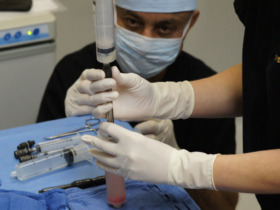

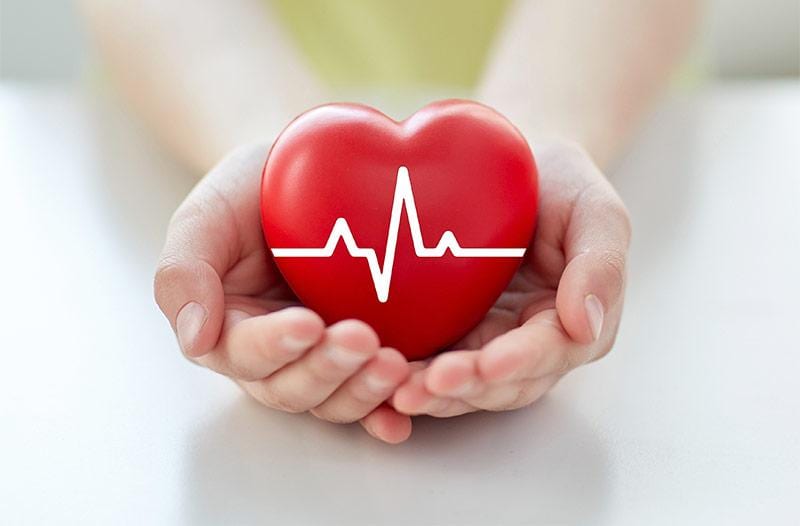
Leave a Reply